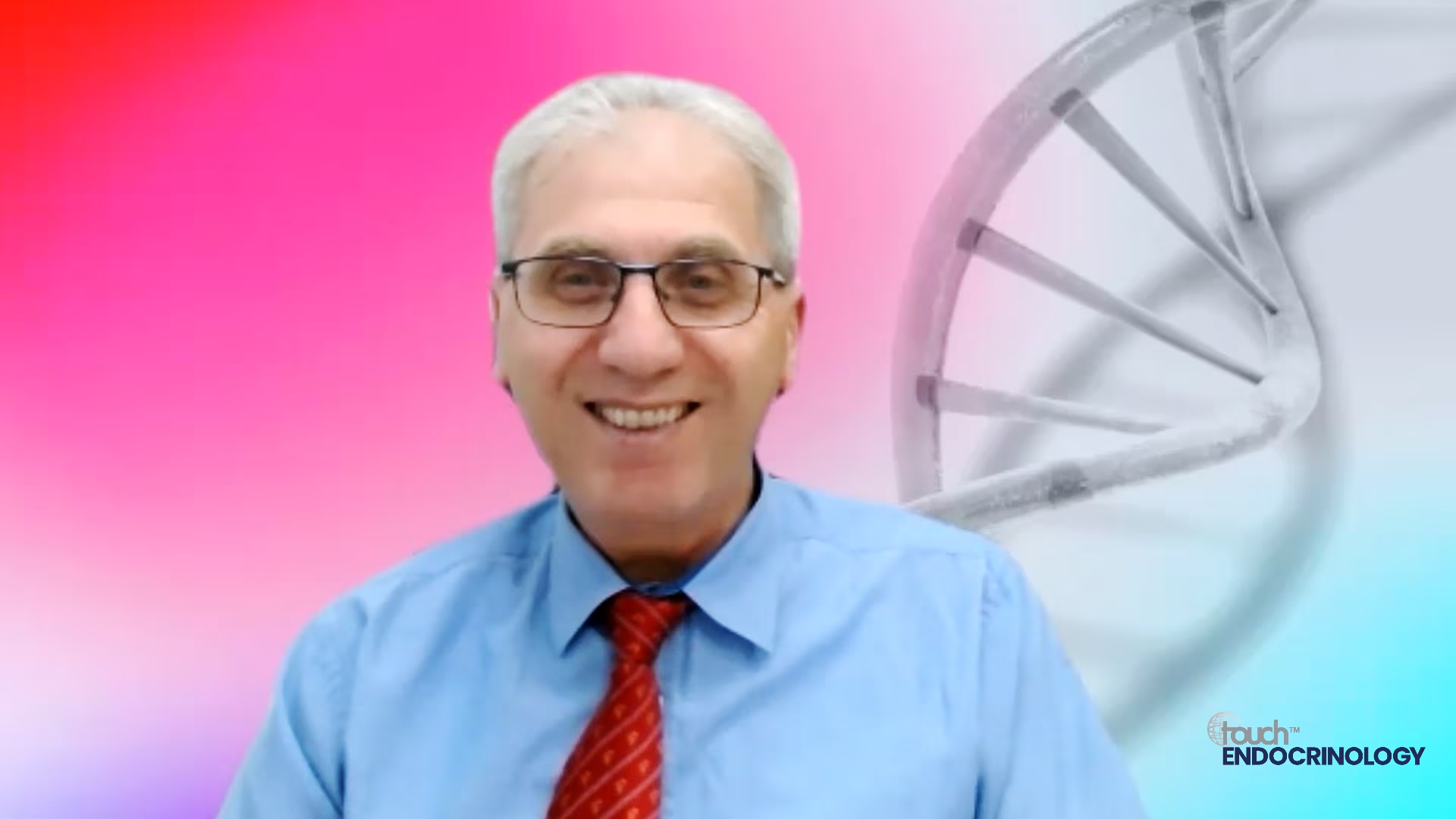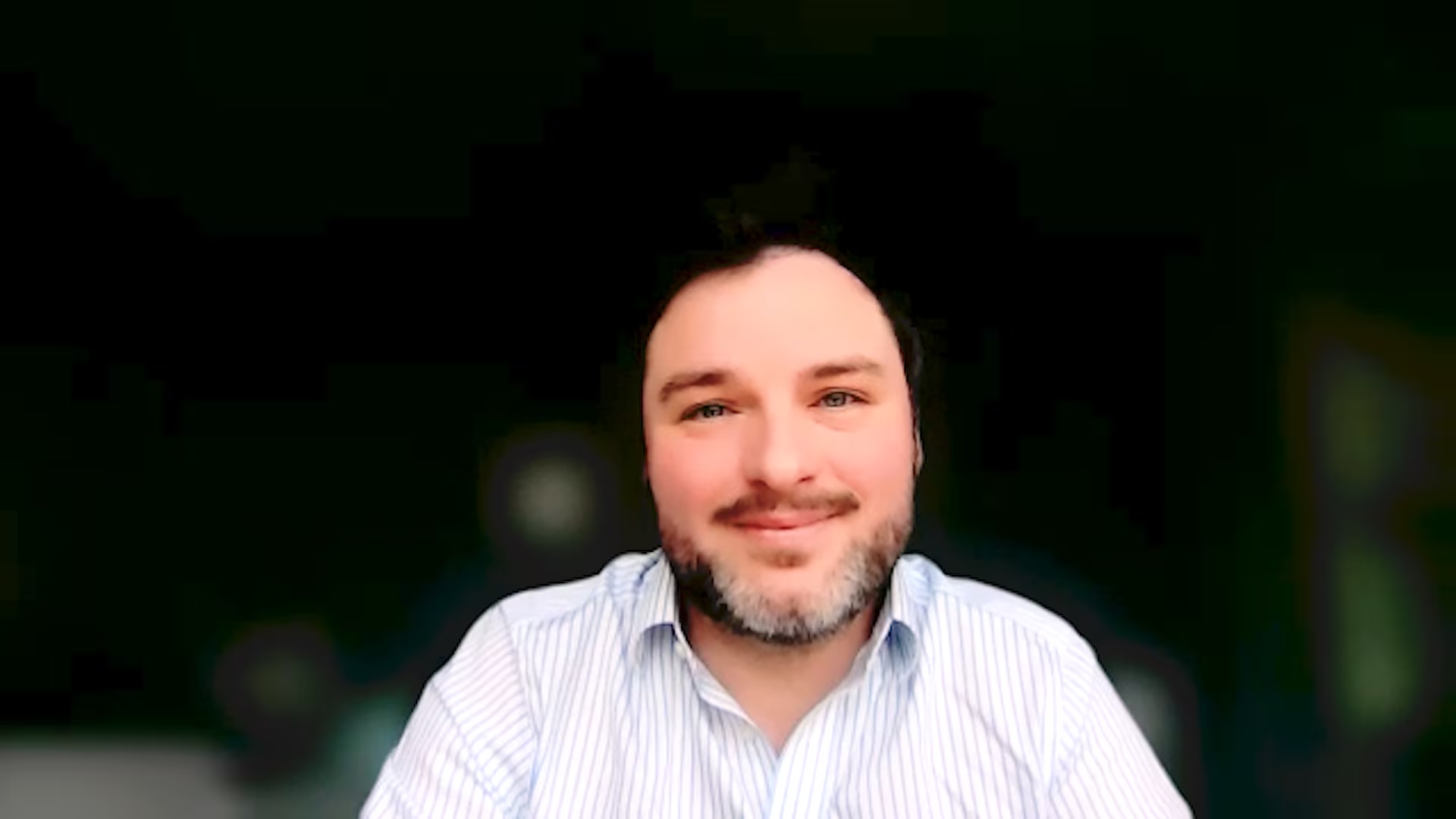Paul Brennan: International NASH day 2023
International NASH Day (NASH Day) takes place on the 8th June 2023. It is a public education campaign launched in June 2018 to raise visibility and urgency around fatty liver disease and its more advanced form, nonalcoholic steatohepatitis (NASH), which affects more than 115 million people around the world. We were delighted to talk with Dr Paul Brennan (University of Dundee, Dundee, UK) around the importance of international NASH day and the challenges and unmet needs in the treatment of NASH.
Questions
- Please can you outline the importance of International NASH Day in raising awareness of NASH? (0:17)
- What are the challenges in the diagnosis and management of NASH? (0:50)
- What are the unmet needs in the treatment of NASH? (2:30)
Disclosures: Paul Brennan has nothing to disclose in relation to this video interview.
Support: Interview and filming supported by Touch Medical Media Ltd. Interview conducted by Shanice Allen.
Click here for more content on liver disorders.
Transcript
I’m Paul Brennan. I’m a clinical lecturer at the University of Dundee as well as a clinical research fellow at the University of Edinburgh.
Please can you outline the importance of International NASH Day in raising awareness of NASH?
International NASH day is a really pivotal day for the community as a whole in terms of NASH, it’s incredibly important in terms of raising awareness and the profile of the disease. Within the liver community, we’d like to argue that every day should be NASH day, but really we are aware that, you know, awareness is low amongst patients, care providers, and even amongst clinicians and doctors. So I don’t think there really can be enough effort in terms of promoting the importance of what it represents.
What are the challenges in the diagnosis and management of NASH?
So I think there’s probably numerous challenges that we recognize at the moment. One is, I suppose, is the unknown unknowns which is the amount patients that are out there and then our, you know, our cohort estimates are quite poor and we recognize that NAFLD and NASH disproportionately effect patients from the poorest aspects of society that are the least likely to engage in healthcare. And so we know that there’s probably vast amounts of people out there who don’t know they have it, and they’re less likely to seek medical attention until they come to some eventual harm from the liver disease or some other comorbidity that commonly exist within NASH and things like diabetes and high blood pressure, stroke and cardiovascular disease. So I think that one of the challenges is raising as part of the profile of raising awareness is to engage people to think about the liver because again it remains relatively symptom less until it becomes very advanced. Within the community itself, we know there are challenges in terms of access to blood testing, non invasive methods, so things like fibro scanning. Again, equity of access is again a challenge that we would, in the community, recognize and are trying to provide more equitable access as opposed to patients. Then finally, this is kind of then challenge number three is probably the ultimate challenge is developing therapies that are effective against NASH specifically. We know there’s lots of other therapies that are aimed towards the comorbidities again as we said about things like type two diabetes that may help with the progression of NASH, but are not particularly NASH specific. So again within the community, it’s trying to find and promote drugs that are likely to have or actually promote true benefit to patients from NASH.
What are the unmet needs in the treatment of NASH?
The treatment is challenging. Our understanding of disease has grown enormously over the past fifteen to twenty years. We recognize that fibrosis is the main challenge in terms predicting outcome and so again, developing anti fibrotic drugs is probably the most difficult, but reasonably good at managing the inflammation and the steatosis of the fat itself. Fibrosis is probably the main challenge, and again, it’s probably the most challenging endpoint to meet for clinical trials as upset as a prerequisite by the FDA and the EMA. And so, that certainly, we’ve seen that with the recent results from the FDA, preliminary discussions around fast tracking of obeticholic acid for NASH, and it’s unlikely that it will be passed, which is very frustrating for patients and so I think that’s the great one the unmet need that we have as well as I suppose from a societal level as well as clinicians, we should be looking for more aspects of prevention rather than cure. So again, can we address societal inequality, food insecurity and relative deprivation. In order to achieve that, we probably have to expand the net away from endocrinology and diabetology, hepatology to more inclusive stakeholder engagement of public health and politicians and driving a real public health agenda around the disease, and that feeds in again, raising awareness in the whole profile and because I think that’s the only real way that we’ll probably achieve the ultimate outcome.
Subtitles and transcript are autogenerated.






